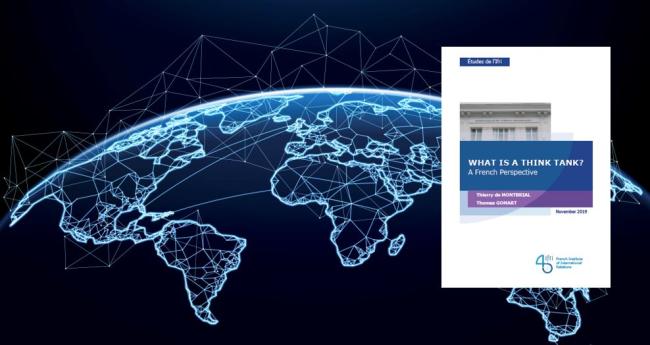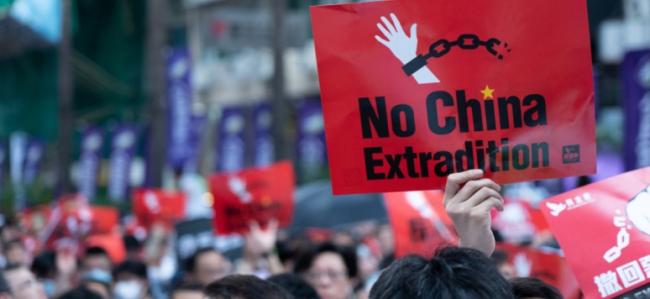3290 publications
China’s Social Credit System: A Chimera with Real Claws
China's Social Credit System remains a poorly understood combination of rating schemes and blacklists, but the consequences for individuals and businesses are very real.
What Is a Think Tank?
When I was laying the foundations for the French Institute of International Relations (Ifri)1 in 1978 and 1979, only a select few in France were familiar with the English term “think tank” and had at least an approximate idea of what it covered.
This term has become fashionable but still has no consensual definition.
What Does It Mean to Be a European Defense Company Today?
In many ways, defense firms in Europe should be pleased with the recent uptick in defense spending.
Germany: The Power Out of Phase
Germany has enjoyed a decade of sustained economic growth, benefiting from a very low unemployment rate and considerable trade and budgetary surpluses. This phase is now coming to an end. Some even believe that the German economic model needs to be rethought.
What Is a Think Tank? A French Perspective
The French Institute of International Relations (Ifri) celebrated its 40th anniversary in the spring of 2019, in a completely different environment to when it was founded, which was dominated by the competition between the two “superpowers” of the time, the United States and the Soviet Union (USSR).
French Foreign Policy in the Age of Polycrisis
Under the presidency of Emmanuel Macron, France has set itself the goal of strengthening its international presence, being more proactive and defining the European reform agenda. However, the French room for manoeuver is limited.
What Is Digital Power?
Digital power refers to any actor’s ability to exploit digital data to help influence the behavior of other actors on the international stage and to achieve its own ends. It is about understanding how it influences events in the real world, despite its “intangible” nature.
Hong Kong : The 2019 Protest Movement and the Future of Autonomy
The current protest movement in Hong Kong, which began with the proposed extradition law in June 2019 that would have considerably weakened the judicial border between Hong Kong and Mainland China, has set itself apart from the city’s numerous movements in recent years by its massive following. The protestors, who employ original strategies (online organization, absence of clear leadership, use of digital tools), achieved an initial success with the suspension of the proposed law in September. But even after the law’s withdrawal, massive protests and increasing acts of violence continued to grip the territory. Demands now center around an independent investigation into acts of police violence and on the revival of democratic reforms.









